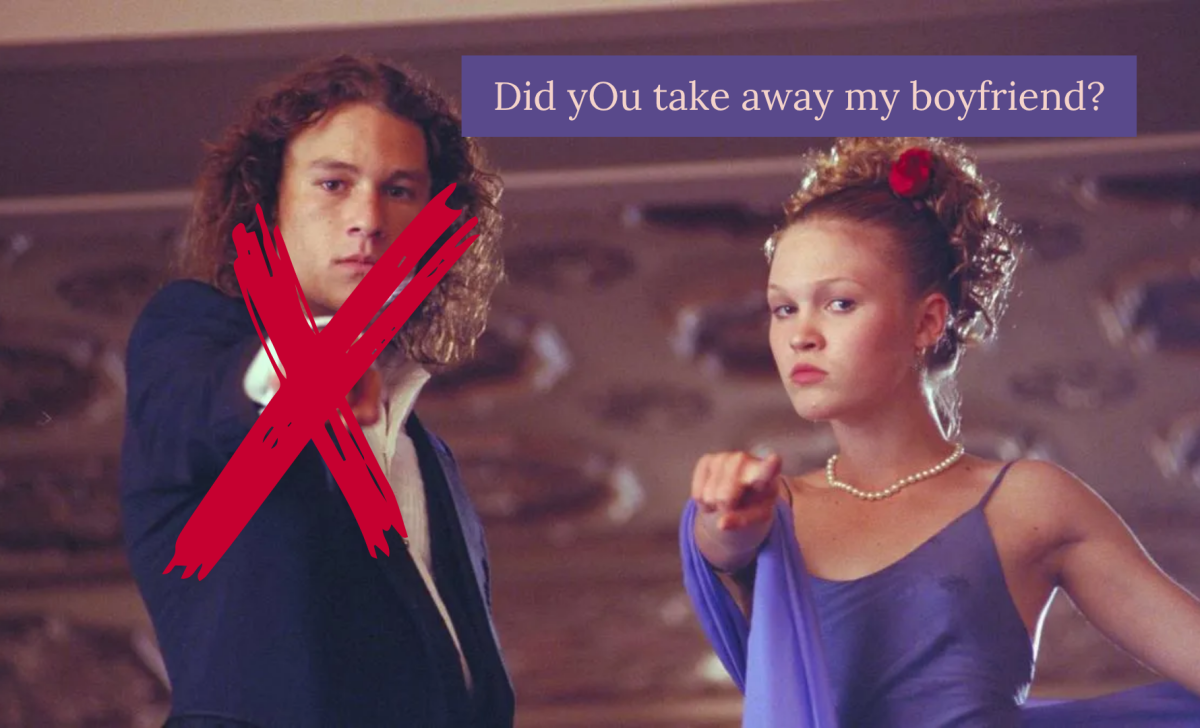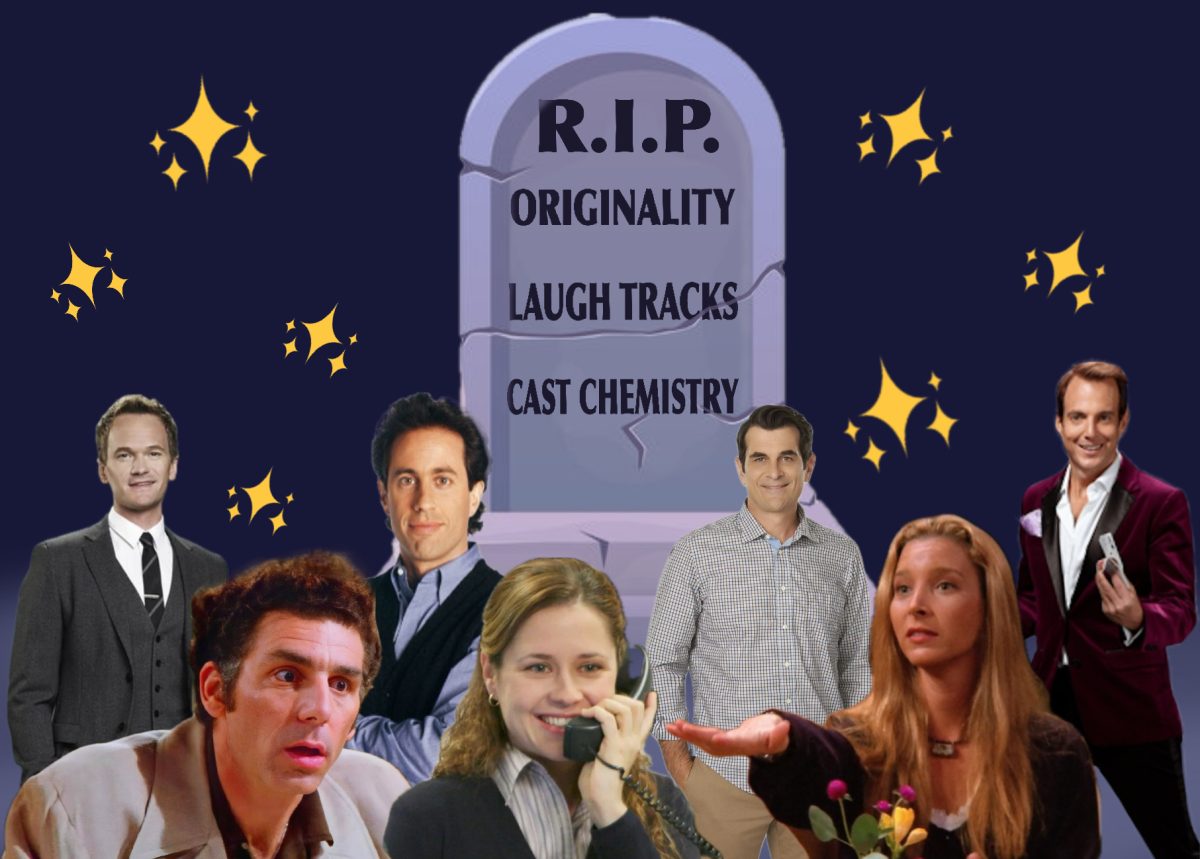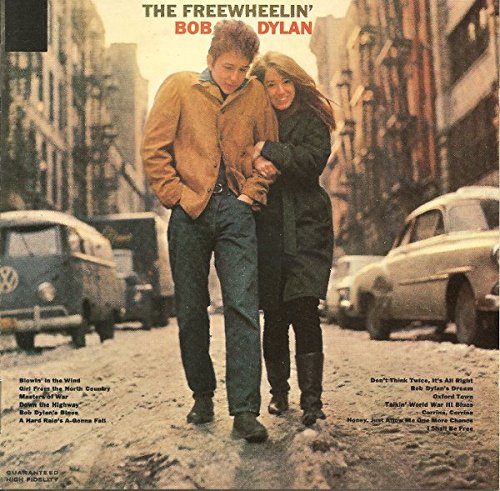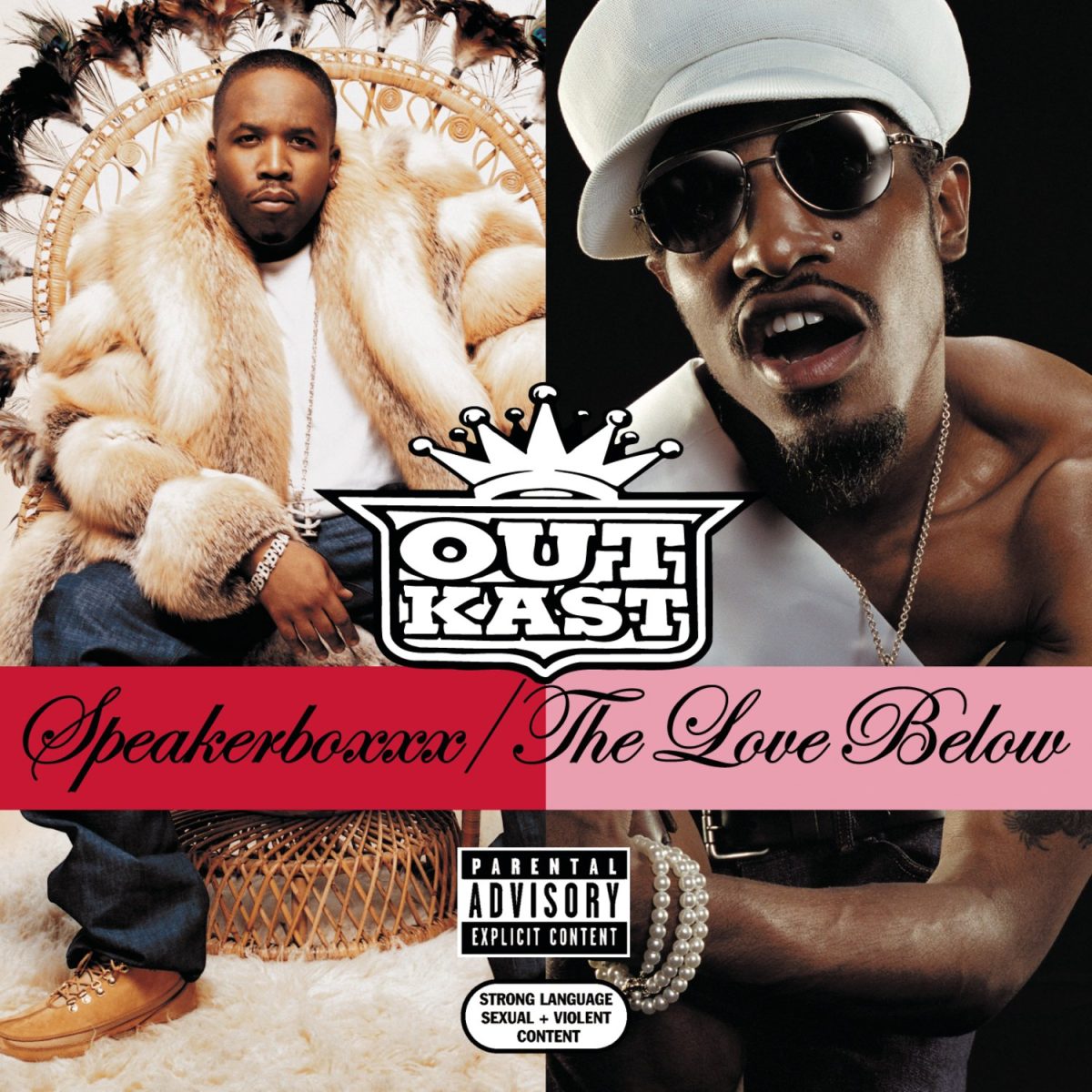On December 28, 2023, 32-year-old Gypsy Rose Blanchard was granted parole, marking the end of an eight year imprisonment for the murder of her mother, Dee Dee Blanchard. In the days prior, everyone on every form of social media undoubtedly came across at least one video counting down the days to her impending release. Now that she’s free, her surprising online prominence only heightened, fueling an intensified wave of internet fame.
Gypsy Rose was raised solely by her mother, Dee Dee Blanchard, who suffered from Munchausen syndrome by proxy, a mental health disorder causing a caregiver to fabricate or induce illnesses to their victim.
In this case Gypsy Rose was the victim, as her mother raised her to believe she had various diseases and disabilities, leading to unnecessary medical treatments and public sympathy. Dee Dee also lied about Gypsy’s age, making people believe she was much younger in order to keep her isolated. However, in 2015, in a last ditch effort to escape her abusive situation, Gypsy orchestrated her mother’s murder with the help of her then-boyfriend, Nicolas Goodjohn. Blanchard was sentenced to 10 years in prison, only serving eight, while Goodjohn received a life sentence.
Blanchard’s tumultuous life story—which inspired numerous TV shows and docu-series— rapidly made its way into social media’s grasp. After her release, Gypsy Rose quickly became an internet sensation, and, practically overnight, amassed a following of over nine million on TikTok with a collective 54.2 million likes on her videos. Blanchard has been making up for the time she lost in prison by posting selfies, childhood throwback pictures and even “Get Ready With Me” and “Outfit of the Day” videos. To say the least, fans have been loving every second of it, commenting things like “Mother!” and “If she’s out of prison why is she still serving?”
Social media has a new hyperfixation every month, and this month, it’s Gypsy Rose. There are entire accounts devoted to making glamorized edits of her. The idea of fangirling over a convicted murderer sounds very dystopian, because it is. Historically, murderers are considered infamous, so to have Gypsy be perceived in a positive way is definitely out of the norm. For example, David Brom is a man who went on an angry rampage, killing his mother, father and siblings. He is perceived as a terrible person who committed atrocities, and while Gypsy’s case isn’t necessarily comparable to his, it’s still odd that she’s celebrated for her acts.
Obviously her story is different. Rose is a victim, and in a way she arranged her mother’s murder in self defense. Her life has been bizarre and captivating, and it’s easy for her to collect public sympathy. Many feel bad about the abuse she endured, so in turn, people feel like the murder is justified. This poses the question: is violence to this degree ever necessary or beneficial?
All of this attention and newfound fame has brought positive aspects, like Blanchard’s decision to use her experience to raise awareness for Munchausen syndrome by proxy. But along with these positive changes, her story being in the public eye can cause the narrative to be skewed. Many people hadn’t even heard of her until she blew up on social media, so they are receiving a one-sided view of her life. This situation can be described with the phenomenon dubbed the “sheeple mentality,” which is evermore present in social media, and describes when someone unquestioningly follows the mass population without critical thinking.
This idea can be seen in numerous crime stories, where many are quick to latch on to sensationalized details, overlooking important aspects. The majority see a woman who is living a happy, healthy life after putting her abuser to rest. And while this is an image that is powerful and quite inspiring, people seem to forget that her ex-boyfriend who actually carried-out Dee Dee’s murder is still in prison. Goodjohn hasn’t garnered nearly as much public sympathy, due to the fact he didn’t experience the trauma Gypsy did. He is almost overlooked in this case, despite accounts of the story saying Gypsy manipulated him into performing the murder. However, because Goodjohn wasn’t being directly impacted by Dee Dee’s abuse, many individuals aren’t as understanding of his actions.
In this recurring pattern of conformity, reminiscent of the Johnny Depp and Amber Heard trial, the glorification of crimes emerged once more. In this example, masses immediately flocked to Depp’s defense despite contrary evidence, seemingly due to the fact that he’s a long-standing, prominent celebrity. As some people started taking sides, soon enough the majority backed Depp’s claims as well.
This trend could be potentially dangerous as individuals that have committed violent acts are now seemingly receiving positive attention. The concern lies in the possibility of inspiring others—such as school shooters—to commit crimes because there is no fear of punishment or public disdain, but instead hopes of praise and admiration.
So, clearly, social media may have crossed a line with its infatuation with Blanchard, and in a world of stan culture, support can look too similar to mockery. While some of the edits can be funny, others come across as more invasive and seeking undue attention.
While no one seems to have ill intentions behind their videos, it’s crucial to acknowledge that Blanchard underwent intense traumatic situations, essentially experiencing a life without freedom. Perhaps providing her with some space for healing and exploration is warranted.
“I think the TikToks about her go a little too far, and even though she’s big on the fame I think some of the stuff online is too much,” said Summit sophomore William Jordan. Jordan learned of her story through “The Act,” a show based on Blanchard’s life.
Blanchard’s story is worthy of recognition, however, social media has glamourized rather than truly understood her triumph over adversity. Most “fans” hadn’t even heard of her until she came into her recent internet fame. Despite Blanchard embracing the spotlight, the truth is that most people just see this as the next trend, overshadowing her advocacy. Sadly, in the realm of social media, such fame is often short-lived—a superficial, but predictable—pattern.
































